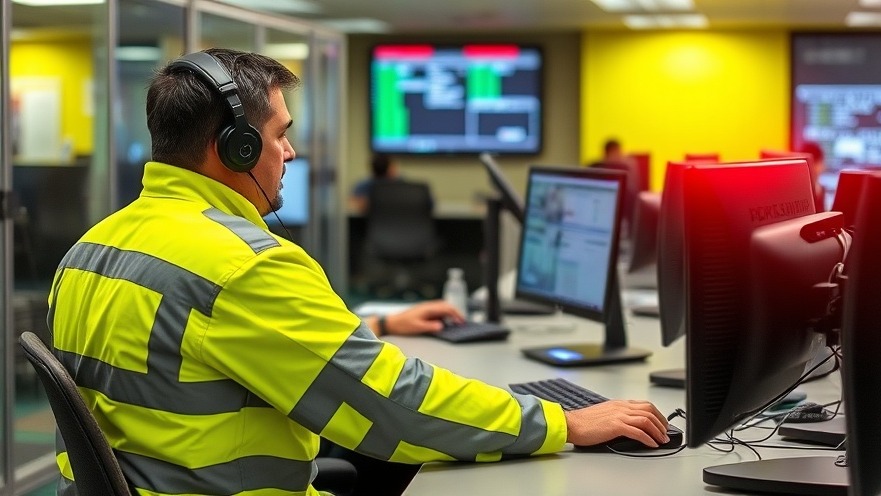
The Rise of THC-Related Poison Control Calls in Texas
In the wake of hemp legalization, Texas has witnessed a startling surge in THC-related poison control calls, prompting concerns among lawmakers and parents alike. The Texas Poison Control Center reported a staggering 495% increase in marijuana-related calls involving children aged five and under from 2017 to 2022. This spike raises important questions about the implications of legalizing hemp-derived THC and what it means for public safety.
Context Behind Increasing Calls
According to recent data, Texas Poison Control Center indicated an increase from 923 calls in 2019 to 2,592 calls in 2024. A total of 11,134 cumulative marijuana-related calls from 2011 to 2021 showed that this trend is not merely a consequence of legalization but part of a broader pattern. Experts argue that while alarming, such increases in calls are anticipated with legalization. Interestingly, children's accidental poisonings have risen nationally over the years, influenced by various substances beyond THC.
Understanding the Nature of the Calls
Data from poison control centers indicate that many THC poisonings result in minor side effects, contrasting the dramatic narratives often portrayed in legislative debates. Lawmakers on both sides of the aisle have positioned this issue as a life-and-death matter, citing dire anecdotes during hearings. However, drug policy experts contend that these alarming figures necessitate a more nuanced perspective, urging education over outright bans. The children who made these poison control calls are not likely obtaining products independently but are instead encountering improperly stored items at home, a point highlighted by experts in the field.
Legislative Responses and Public Reactions
This year, legislation was proposed to ban THC products, spurred by concerns voiced by advocates against child exposure to drugs. Though Governor Greg Abbott ultimately vetoed the bill, the discussions during hearings illuminated a deep-seated fear regarding child safety. Representative Terri Leo Wilson's statement that "this is killing kids" showcases how the public narrative can shift towards alarm. In contrast, experts emphasize the role of effective parental education as a solution, highlighting the need to educate families about safe storage practices for hemp-derived products.
Proactive Solutions: Prioritizing Education Over Bans
Rather than resorting to bans on THC products, experts recommend comprehensive education strategies to mitigate risks associated with accidental ingestion by children. With children under six making up nearly half of Texas poison control calls related to THC, empowering parents with education on safe product storage and awareness around THC's effects on young children becomes vital. As noted by Katharine Neill Harris, a drug policy expert from the Baker Institute, the focus should be on improving safety practices within homes instead of hastily implementing prohibitionist policies.
Conclusion: Rethinking Drug Policies in Texas
The rising trend of THC-related poison control calls in Texas prompts the need for a considerate approach to drug policy, especially concerning children's safety. As discussions unfold in the Texas Legislature, there is a crucial opportunity to lead with education and informed practices rather than fear-based legislation. Empowering parents and guardians while fostering an understanding of these substances can help balance public health and personal freedoms. In light of these findings, it is imperative to emphasize not only the statistics but also the responsibilities families hold in keeping their homes safe.
 Add Element
Add Element  Add Row
Add Row 



Write A Comment